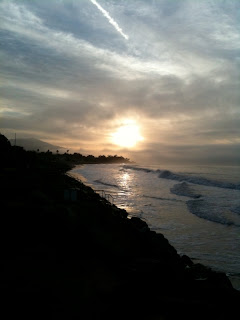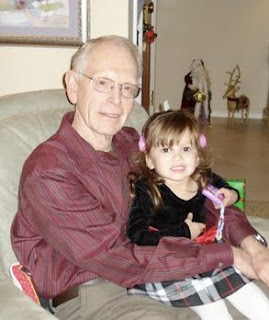 |
| Me at three |
When I was four I asked my mom’s boyfriend what he thought
about death. I guess I scared off a few of those guys, because Mom
didn’t remarry until I was 11! Good thing because I loved my
stepdad and he could handle the questions. Someone dear to me is
facing the cancer journey and death is on my mind again. The
thing about remembering my impermanence is that it keeps me in
touch with my soft chewy center. We have a tendency to grow hard
shells of protection, which may serve to get us through the day,
especially in a culture that does not encourage us to express our
deeper emotions. I happen to be lucky, because as a counselor I get
to be in touch with my soft chewy center all day long. In the heart space connection is welcome. Granted, it’s not always comfortable. Our tendency is to want to fix it - make the feeling or behavior go away. We ask (ourselves and others): “Why did you do that? Why can't I get this right?” But it’s not the “why’s” that help us, but the “what’s.”
about death. I guess I scared off a few of those guys, because Mom
didn’t remarry until I was 11! Good thing because I loved my
stepdad and he could handle the questions. Someone dear to me is
facing the cancer journey and death is on my mind again. The
thing about remembering my impermanence is that it keeps me in
touch with my soft chewy center. We have a tendency to grow hard
shells of protection, which may serve to get us through the day,
especially in a culture that does not encourage us to express our
deeper emotions. I happen to be lucky, because as a counselor I get
to be in touch with my soft chewy center all day long. In the heart space connection is welcome. Granted, it’s not always comfortable. Our tendency is to want to fix it - make the feeling or behavior go away. We ask (ourselves and others): “Why did you do that? Why can't I get this right?” But it’s not the “why’s” that help us, but the “what’s.”
“What’s going on right now?” “What are you feeling?” “Tell me what this brings up for you?”
 |
| Hwy 93 |
Part of the reason people avoid emotion is
because the first thing that comes up is anger. You’ll see this on the road.
There is a sense that if we let our feelings out, we will lose control, or things won't get accomplished. I hear my inner critic that I call Nasty: “Buck up. Pull
it together. You should be so much farther along by now. There’s no time for
contemplation. It’s time to ACT.” Nothing is really wrong with these statements, but
the trouble is that when we power past deeper emotions that hold us trapped and stuck
– it’s like we’re a fly pinned to a board at the thorax and flapping our wings.
 |
| The fields of Niwot |
Underneath the anger is a frightened
child asking to be given voice, to be acknowledged in a world that is quick
to give an answer and shut us down. The sad and scared child gets fed up
and ends up stuck in a perpetual road rage tantrum. When the child is seen
and heard and healed, she can focus and charge ahead, accomplishing
goals in half the time because she is not hauling around a heavy board.
child asking to be given voice, to be acknowledged in a world that is quick
to give an answer and shut us down. The sad and scared child gets fed up
and ends up stuck in a perpetual road rage tantrum. When the child is seen
and heard and healed, she can focus and charge ahead, accomplishing
goals in half the time because she is not hauling around a heavy board.
Asking our emotions to stay put in the corner is like asking
a two year old
to sit still in a toy store; they’re bound to act out – whether it comes out as
angry driving or body pain. It’s a lot easier to access these feelings in the
presence of a loving witness – a counselor or coach trained in techniques
that will help you not only feel, but also to calm down and heal. The more
issues from the past clear out, the more resourced your body feels, which allows blood flow to the thinking brain and decreases explosive outbursts.
to sit still in a toy store; they’re bound to act out – whether it comes out as
angry driving or body pain. It’s a lot easier to access these feelings in the
presence of a loving witness – a counselor or coach trained in techniques
that will help you not only feel, but also to calm down and heal. The more
issues from the past clear out, the more resourced your body feels, which allows blood flow to the thinking brain and decreases explosive outbursts.
A soft chewy center invites profound joy and deep connection with others.















